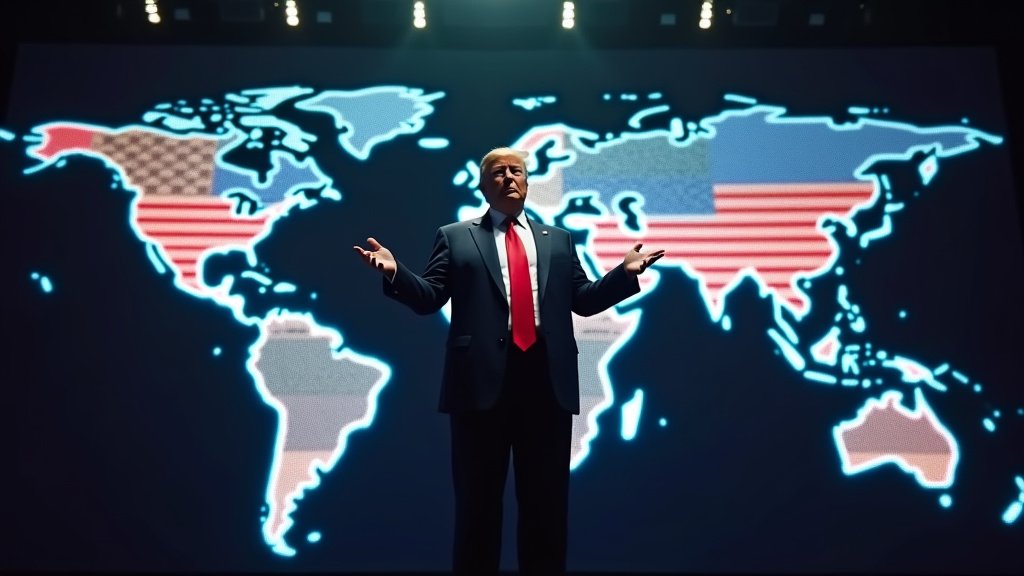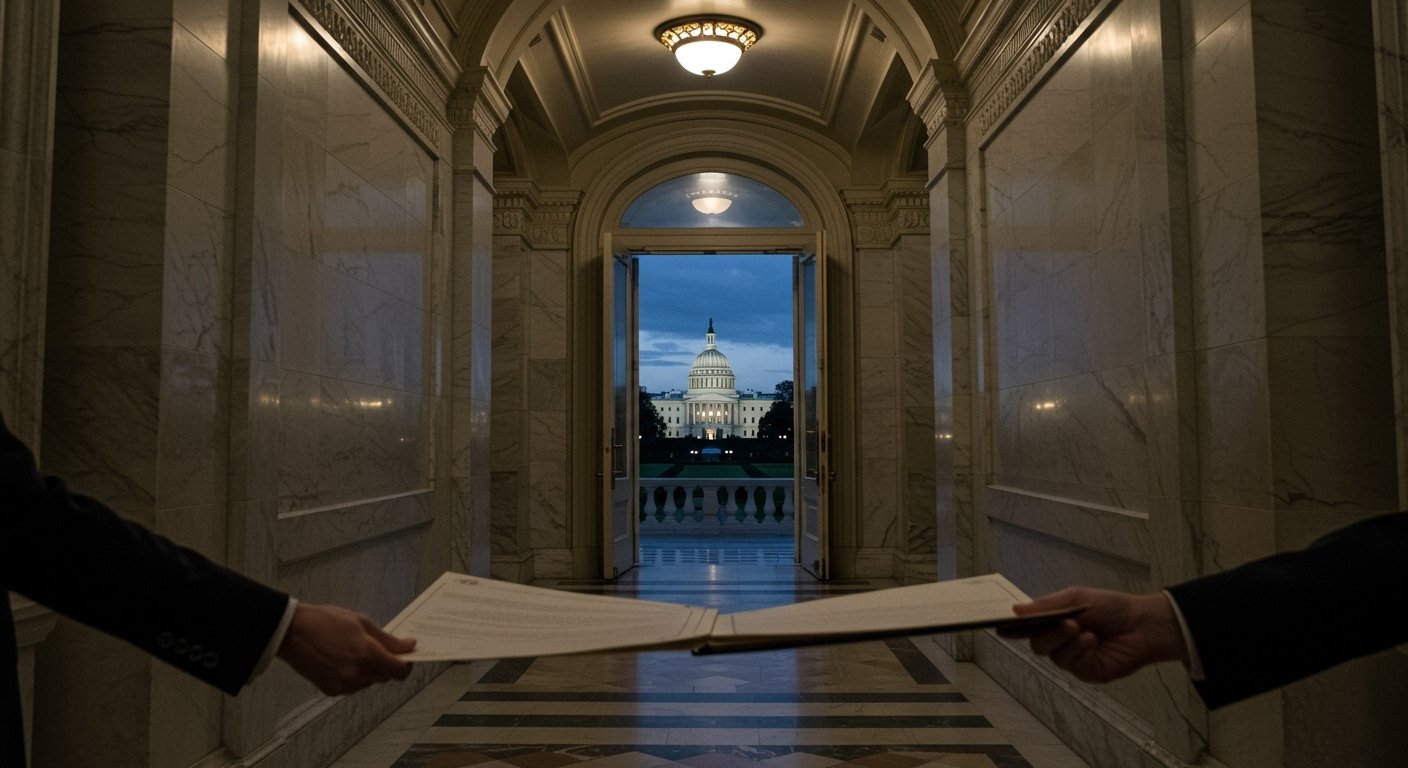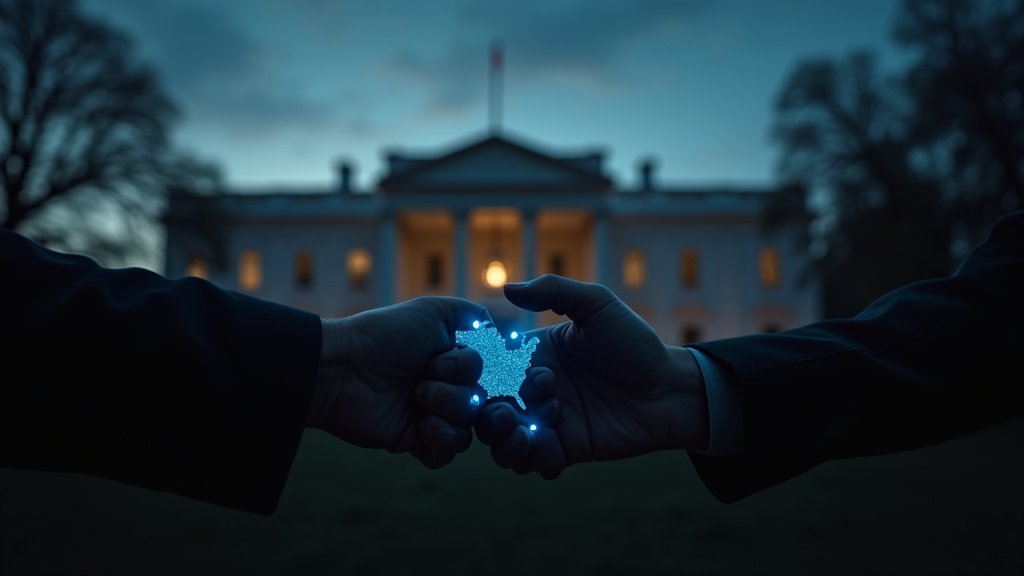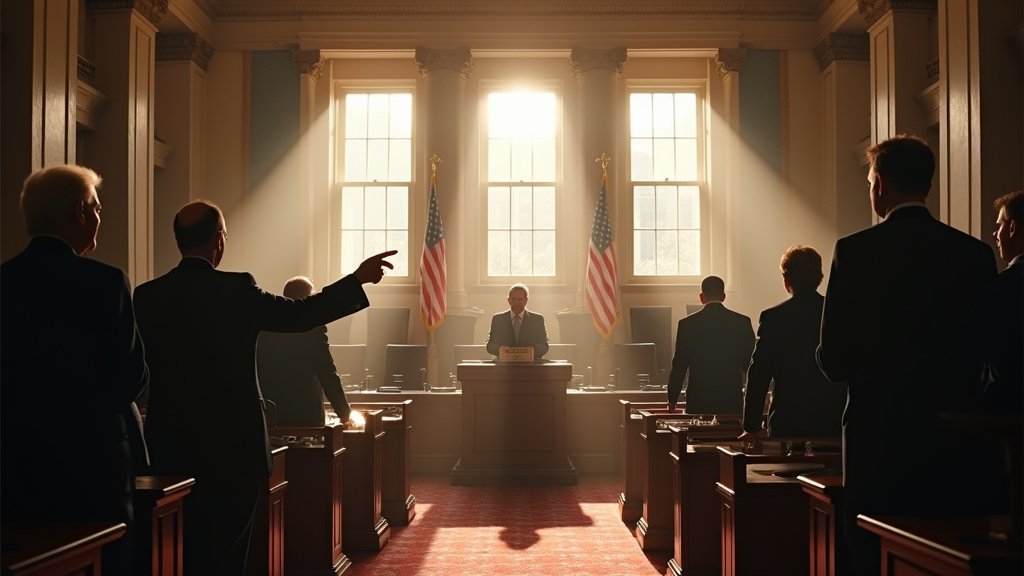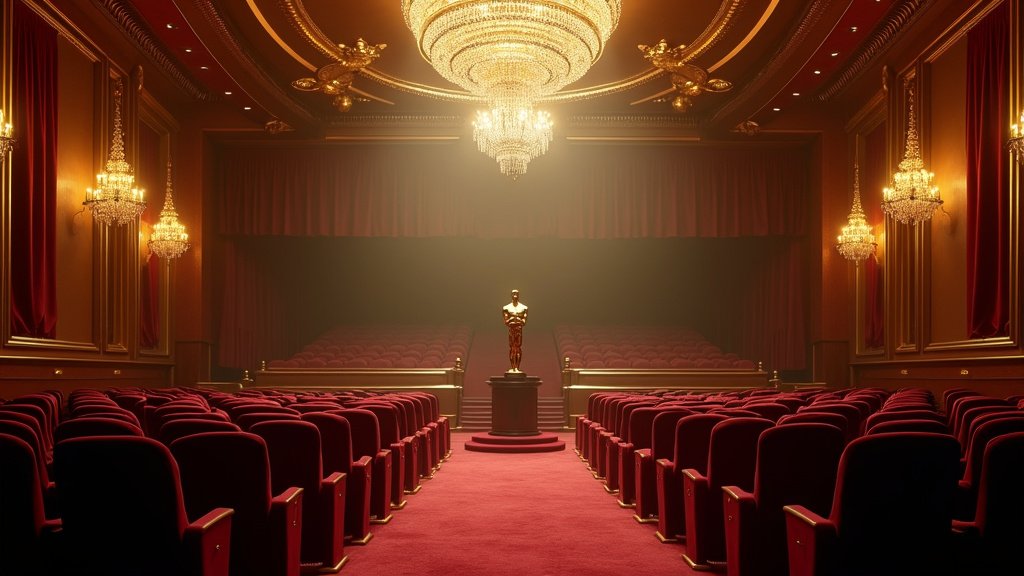A public and increasingly acrimonious dispute has erupted between iconic musician Bruce Springsteen and former U.S. President Donald Trump, highlighting the deep political and cultural divisions within the United States.
Springsteen’s Critique from the Stage
The latest exchange was ignited by comments made by Bruce Springsteen during a performance last Thursday in Manchester, England. Addressing the audience, the celebrated rock and roll artist took aim at the current administration in the United States, describing it in stark terms. Springsteen characterized the government as “corrupt, incompetent and treasonous.” He followed this potent accusation with a call to action, urging the audience and others to engage in “opposition to authoritarianism.” This was not the first time Springsteen has voiced strong criticism of the administration; he had previously referred to it publicly as an “unfit president and a rogue government.” His remarks from the Manchester stage quickly circulated, drawing a swift and sharp response.
Trump’s Social Media Counterattack
Former President Donald Trump responded to Springsteen’s criticism via social media, deploying his characteristic direct and often provocative language. Trump dismissed Springsteen’s standing in the music world and his political views in equal measure. He labeled the musician as “highly overrated,” and further asserted that he was “not a talented guy.” The former President’s critique culminated in a highly personal and colorful descriptor, referring to Springsteen as a “dried out prune of a rocker.” This online broadside underscored the intensely personal nature the political debate between the two figures has taken.
Proposed Investigation Targets Appearances
The public spat escalated further on Monday, May 19, 2025, when President Trump suggested a new line of attack involving political campaigning. He proposed investigating the appearances of Bruce Springsteen and also the prominent artist Beyoncé in support of his likely Democratic opponent, Kamala Harris, during the election cycle “last fall.” Trump’s proposal centered on the possibility that these appearances constituted potential illegal campaign donations. While details of how such an investigation would be conducted or the specific legal basis for classifying celebrity appearances as illegal donations were not immediately clear from the statement, the suggestion marked a significant escalation, moving beyond personal insults to potentially weaponizing governmental power or scrutiny against political opponents and their supporters from the arts.
Broader Context of Celebrity and Politics
The clash between Springsteen and Trump is emblematic of the broader intersection, and often collision, of celebrity, culture, and politics in the contemporary landscape. Public figures from the entertainment world frequently voice their political opinions, and these stances can garner significant attention and influence, particularly among their fan bases. Conversely, political figures often engage with or push back against these celebrities, sometimes leveraging their platform to rally their own supporters or to dismiss the opposition.
Springsteen, known for lyrics often exploring themes of working-class life and social justice, has a long history of engaging with political issues, typically aligning with Democratic viewpoints. Trump, on the other hand, has frequently cast himself as an outsider challenging established cultural and political elites, often targeting figures like Springsteen who are seen as part of that establishment.
Implications of the Exchange
The exchange highlights not only the personal animosity that exists across the political divide but also the ways in which prominent cultural figures are increasingly drawn into direct conflict with political leaders. The proposal by President Trump to investigate campaign appearances by artists like Springsteen and Beyoncé adds a new dimension, suggesting that political disagreements with celebrities could potentially lead to official scrutiny or legal challenges.
The dispute, originating from a concert stage in Manchester, England, and amplified through social media, quickly transcended international borders, becoming a notable incident in the ongoing political tensions within the United States. It underscores how the worlds of music and politics remain deeply intertwined, capable of generating significant friction and public debate, with figures on both sides exchanging sharp words and, in the case of political leaders, suggesting actions that could have wider implications for the role of public figures in political campaigns.
The situation remains dynamic, with observers watching how the proposed investigation might proceed and whether the verbal sparring between the musician and the former President will continue to escalate.

